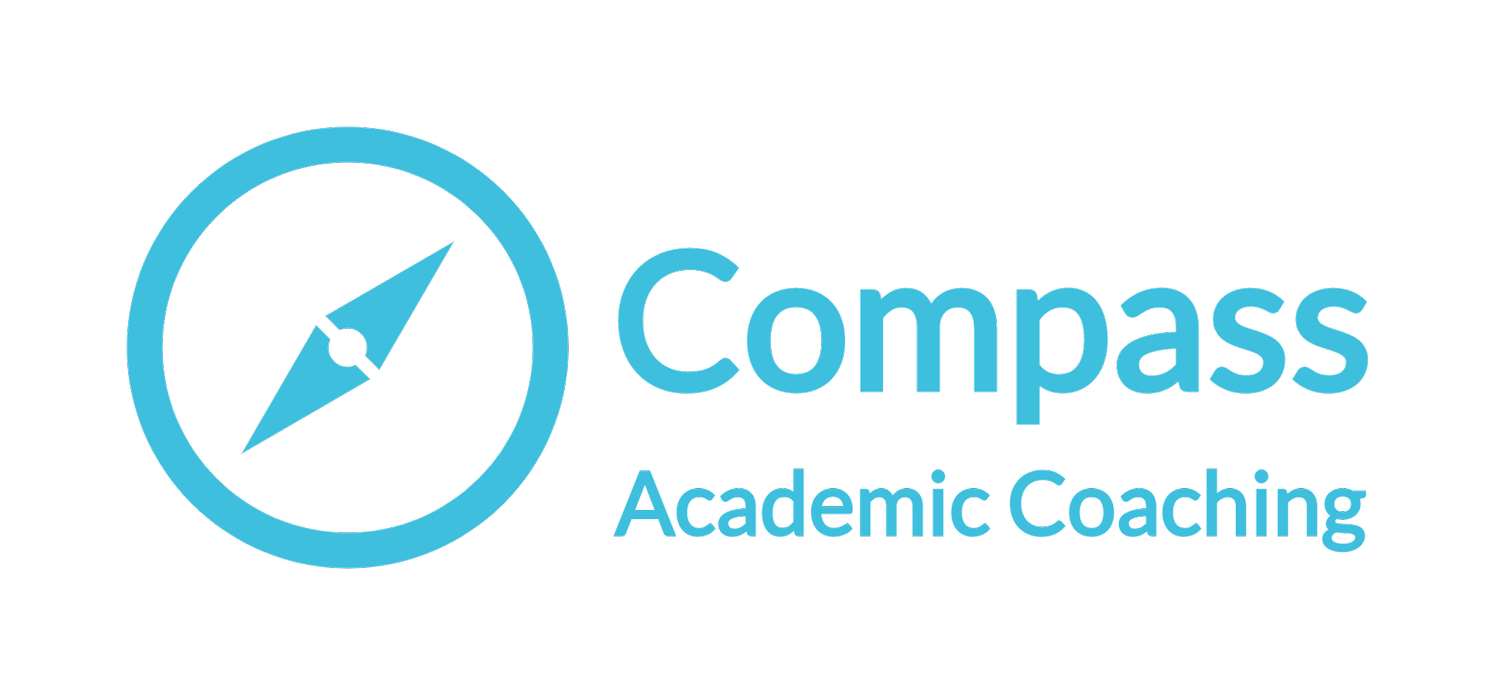Friendly Feedback: Who to Ask
Welcome to the second post in my series on working with feedback as an academic writer. If you haven’t already, head to my first post to reflect on your relationship with feedback. This post is about finding helpful people to give you feedback throughout the writing process.
If you are a graduate student, you know you will get feedback from your advisor. Some advisors are willing to read and respond to very rough drafts, but many are not. Don’t assume. Ask your advisor what their expectations are, or, if the power dynamic means you aren’t comfortable asking directly, try to figure this out from peers in your program or alumni who worked with your advisor. Likewise, if you are publishing in a journal, you know you’ll get feedback from the peer reviewers and journal editor. But to get past the initial editor’s desk and into the peer review process, you need to submit a manuscript that is complete, developed, and polished. Same goes for most students giving work to an advisor for feedback.
So how do you get a draft to the complete, developed, and polished stage?
You need to get feedback from someone else and use that feedback to develop your draft before giving it to your advisor or sending it to the journal. Keep in mind that even a complete, developed, and polished draft is going to get feedback for improvement, making it a work in progress once again. This is completely normal and expected. It does not mean you aren’t a good writer or that you’ve done something wrong. All academic writers need other sources of feedback besides the advisor, committee members, journal editors, and peer reviewers. Let’s call this friendly feedback. It’s feedback from someone who is not a gatekeeper for your work. They are in this just to help you.
To get really helpful friendly feedback, keep in mind a few things about what makes feedback productive.
First, you are looking for someone who can read your work and give you insight into their experience as a reader. Suggestions are most helpful when they are grounded in what the reader needs for the text to achieve its purpose. In other words, you want someone who can tell you why your draft is or is not working for your audience, not just suggest changes that suit their personal preferences.
Ideally, the person giving you feedback has read many examples of the kind of thing you are writing. This kind of experience means the person knows something about the conventions of the type of document you are working on. That being said, someone skillful at giving feedback on writing can apply information you provide about the conventions, even if they don’t have a lot of experience with the type of document. If the person reading for you isn’t familiar with a dissertation methods chapter, for example, you could give them a sample of a successful chapter to compare to your document.
You also want someone who can tailor their feedback to you following guidance you give them about your stage of the writing process (my next post will cover how to ask for that tailored feedback). This means that if you are at the rough idea stage and want help thinking through whether or not you’ve included all the content you need, someone who can’t stop themselves from pointing out every typo and grammatical error is not helpful! But they might be super helpful at the final editing stage, so keep them in mind for that job.
To recap: You want someone who can talk about your writing in terms of its audience and purpose, has experience with the kind of thing you are writing (or is comfortable using a successful sample for comparison), and is able to focus their feedback to what you need right now.
Who might these helpful readers be?
Think about who’s in your network:
Peers: classmates, colleagues in or out of your department. Offer to review your peers’ work for them in exchange for their feedback on yours.
Mentors: former advisor, senior colleagues. Mentors are likely to be familiar with the kind of writing you are doing and what’s happening in your field. Of course, asking for their effort to review what could be a long piece of writing is a big favor. Is there something you can offer them in exchange?
Family and friends: You may find it difficult to find a reader among your family and friends as your academic expertise and writing have become more specialized–your research speaks to a narrower audience with specific training. But some academics are lucky enough to have a relative or friend who can give thoughtful, useful feedback on their academic writing. And they love you!
Writing support professionals: These people have titles like coach, editor, consultant, or tutor. Their services might be provided for free to you by your university through a university writing center, professional development center, or through a contract with an outside vendor. If this service is not provided by your university, or if the expertise available isn’t quite the right fit for your work, you can look for an editor, coach, consultant, or tutor beyond your university. You may be able to use research or professional development funds to help cover the cost. You are looking for someone who specializes in academic writing and does developmental editing and/or coaching (so they can work on early drafts with you). You can search for someone who meets your specific requirements on professional organization sites such as the Editorial Freelancers Association (the EFA) or Professional Editors Network (PEN).
I’d love to hear about your experiences with friendly feedback.
Who do you rely on? Or have you learned any hard lessons about who NOT to ask? Would you add anything to my list of criteria?

